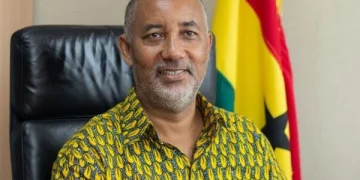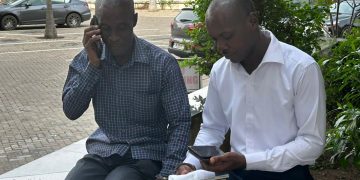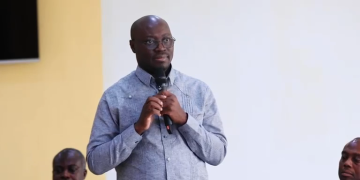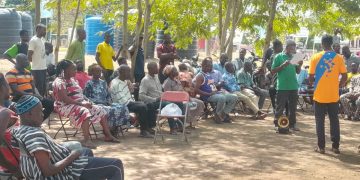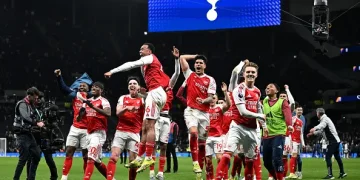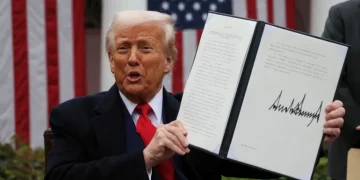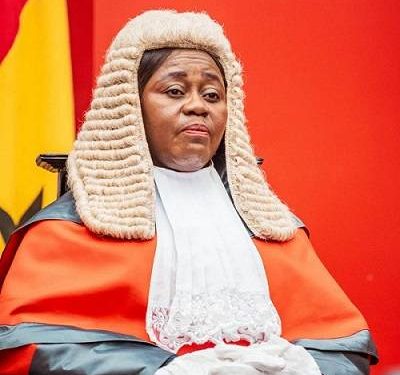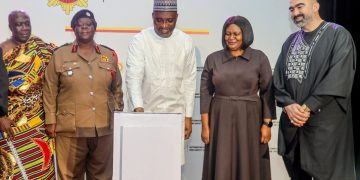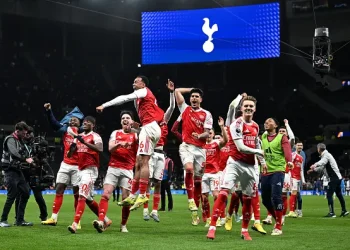Suspended Chief Justice Gertrude Araba Torkornoo has publicly declared her refusal to resign, denouncing the ongoing removal proceedings against her as both unconstitutional and politically motivated.
Speaking at a press briefing held at the Holiday Inn in Accra, Justice Torkornoo’s address marked an unprecedented moment in Ghana’s judicial history, being the first time a Chief Justice has openly confronted such a crisis in this manner.
During her statement on Wednesday, she emphasized that stepping down under the current circumstances would imply acceptance of a flawed, secretive, and unjust process, which she firmly rejects.
“If I resign under these circumstances, I will be saying that this flawed, unknown and opaque process is acceptable. It is not,” she asserted.
Justice Torkornoo further warned that the bizarre nature of the ongoing proceedings poses a dangerous threat to Ghana’s democratic progress.
“Let me respectfully say that the current bizarre proceedings that I have brought to your attention present a twist to our nation’s democratic journey that we all ignore at our own cost,” she cautioned.
Highlighting the broader implications, she stressed that the unconstitutional tactics employed are not only a personal affront but also threaten the security of all judges and public officials subject to removal under Article 146.
“Ghana has come too far not to be concerned about the unconstitutionalities that have been designed not to affect just me personally as Chief Justice, but all judges and public officers, subject to removal processes of Article 146,” she declared.
The suspension of Chief Justice Torkornoo on April 22, 2025, came after three separate petitions accused her of misconduct.
President John Mahama, invoking Article 146(6) of the 1992 Constitution, authorized the formation of a five-member committee to investigate the allegations.
However, the inquiry has since been engulfed in controversy and legal challenges.
Justice Torkornoo has consistently contested the legitimacy of the investigation, filing an injunction with the Supreme Court to halt the committee’s work.
She argues that the process violates her constitutional rights and undermines judicial independence.
By: Kwadwo Owusu



